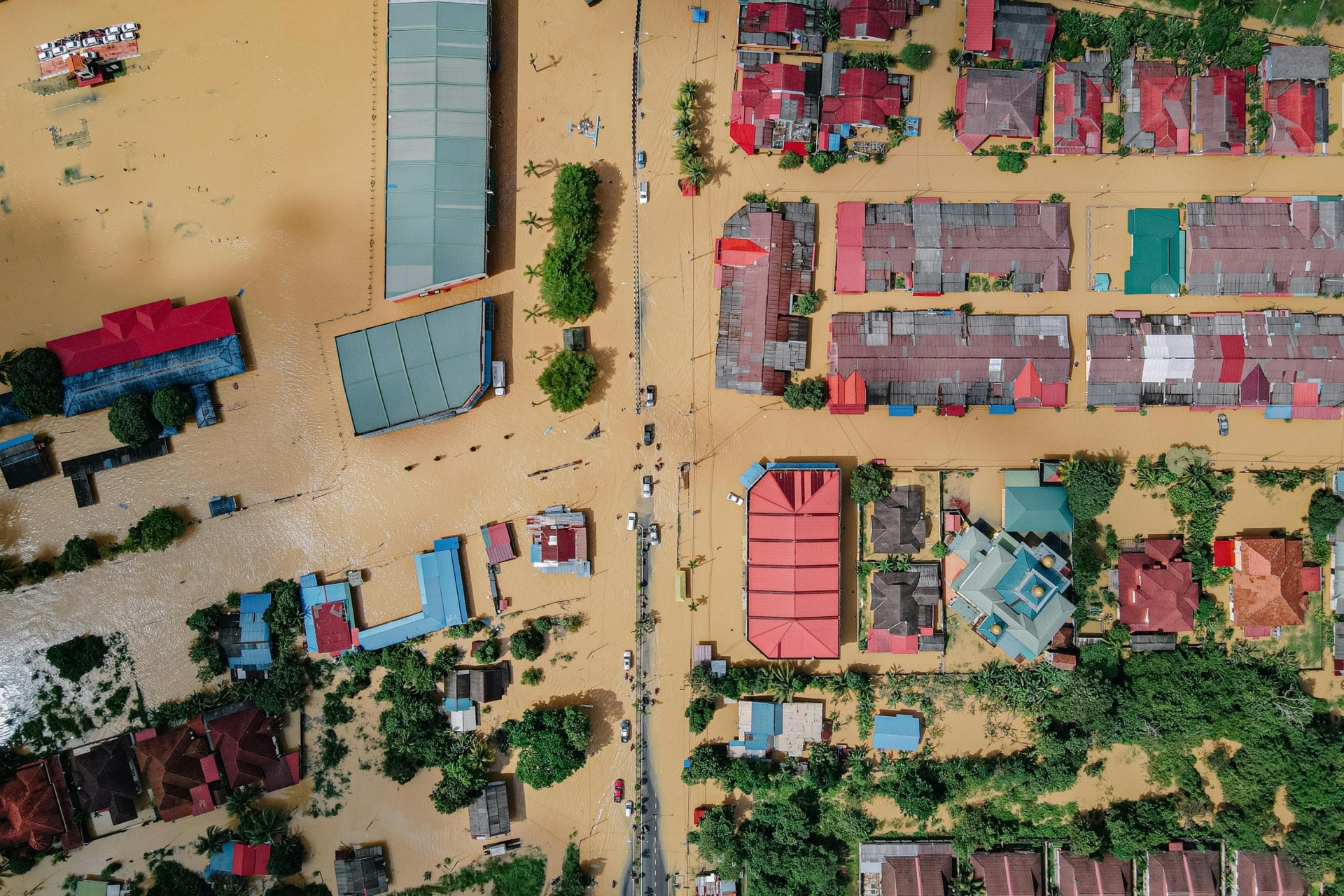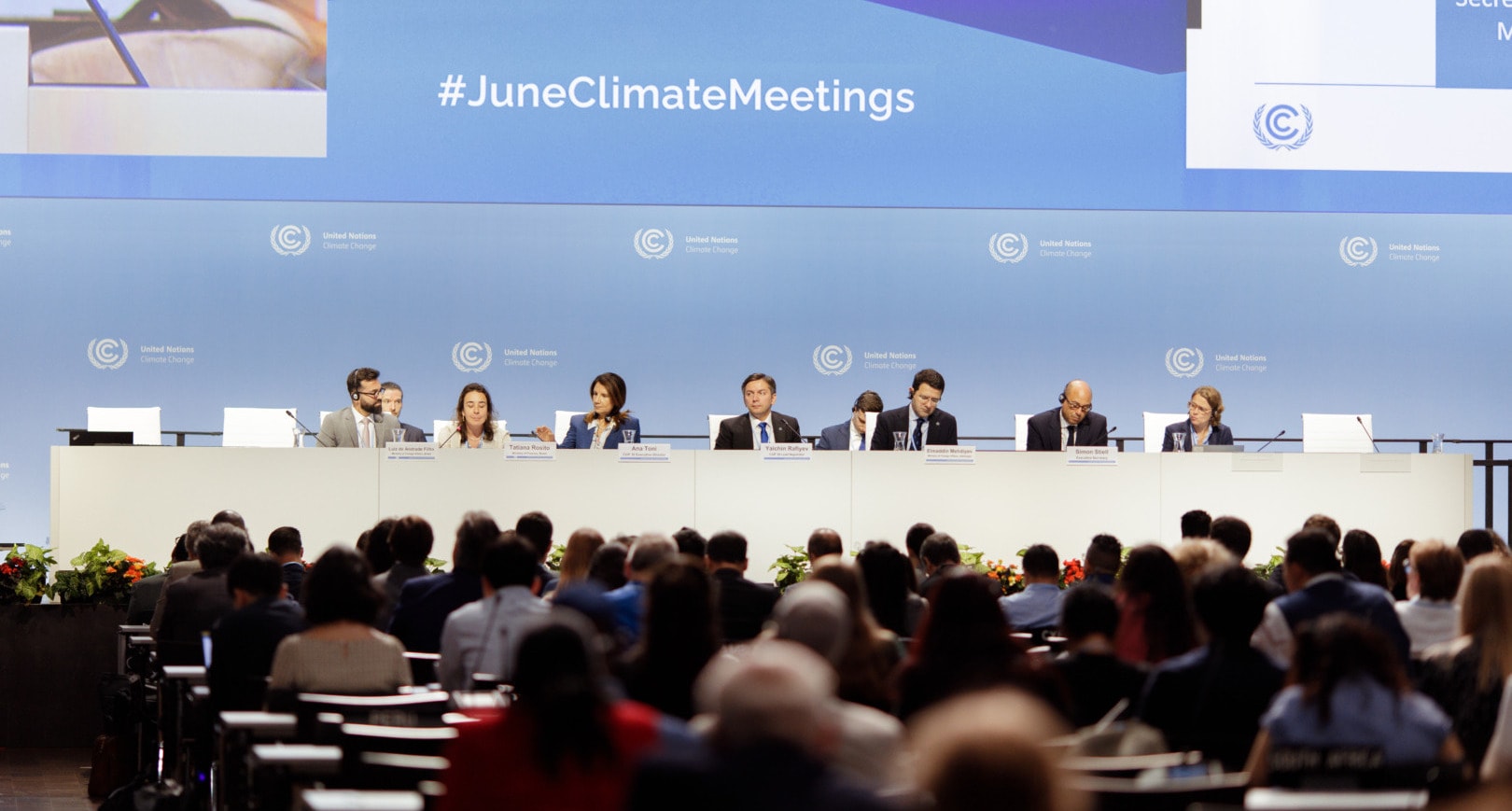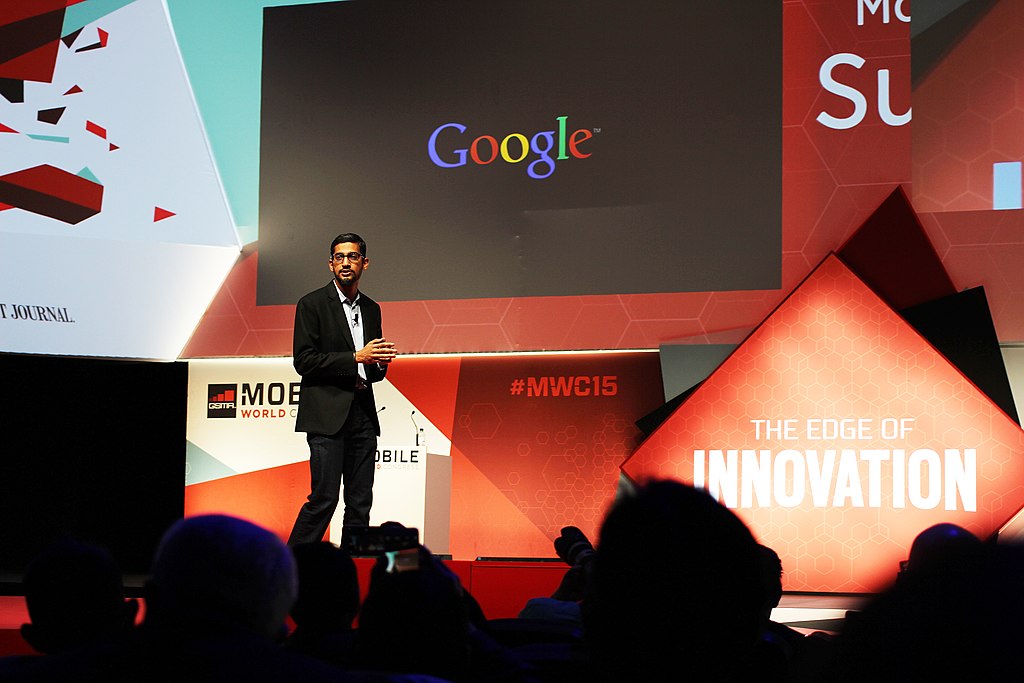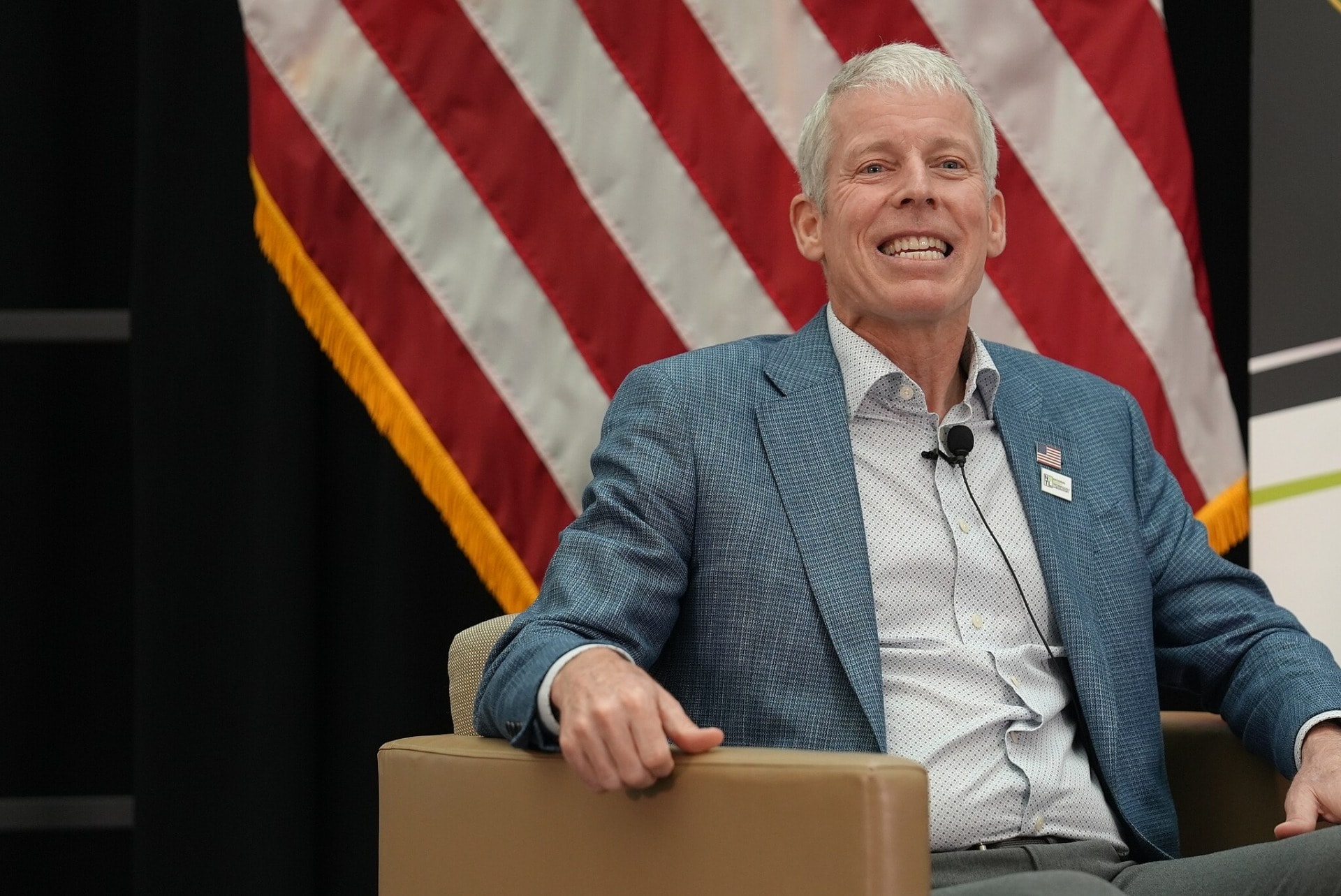Despite the ongoing efforts to combat climate change, global emissions continue to rise at an alarming rate of 1.5% per year — “when they need to be falling by 7% every year to 2030 to keep alive the goals of the Paris Agreement,” as the World Economic Forum (WEF) emphasizes.
The devastating impacts of climate change, including rising temperatures and ecosystem degradation, underscored the urgency of the situation.
World Economic Forum at COP28
At the 28th Conference of the Parties of the UNFCCC (COP28), in Dubai, United Arab Emirates, the World Economic Forum brought together global leaders and the international community to “step up climate action to align with public sector expectations and global needs as well as to end deforestation and halt the degradation of land, freshwater and ocean ecosystems,” the Forum writes.
Addressing the need for immediate action, the Forum highlighted the importance of bending the emissions curve and scaling up climate technologies and finance essential for achieving net-zero targets, holding a series of sessions “aligned to the meeting’s thematic areas and looked to advance dialogue on decarbonization, energy transition, climate financing, biodiversity and adaptation.”
At COP28, the World Economic Forum, in collaboration with partners, launched two new food initiatives and 12 high-impact partnerships to “serve as ongoing platforms for continued collaboration to fight climate change around the world.”
These partnerships cover diverse areas, including decarbonization, energy transition, climate financing, biodiversity, and adaptation.
“It was encouraging to see government, business and civil society leaders coming together at COP28 with tangible commitments and actions to accelerate the net zero and nature positive transition,” World Economic Forum President Børge Brende said.
“However, the results from the Global Stocktake show us that the task at hand to course-correct towards a 1.5 pathway is immense. There is no other option than courageous and collaborative leadership and the Forum stands committed to foster public-private-philanthropic partnerships to unlock transformative climate action in this decisive decade,” Brende added.
Decarbonization and Energy Transition Initiatives
Addressing the need for immediate action, the Forum highlighted the importance of bending the emissions curve and scaling up climate technologies essential for achieving net-zero targets. The First Movers Coalition, the world’s largest private sector initiative for clean technologies, announced at COP that it now has 95 members “who have collectively made 120 commitments to purchase innovative decarbonization technologies.”
“By 2030, these commitments will represent an annual demand of $15 billion for emerging climate technologies and 29 million tonnes (Mt) CO2e in annual emissions reductions,” writes the WEF.
Nature and Biodiversity Conservation
Recognizing that climate goals are inseparable from nature conservation, the Forum emphasized the importance of protecting and restoring ecosystems.
Initiatives like 1t.org, which aims to conserve, restore, and grow one trillion trees by 2030, received two additional pledges — from VELUX Group and AJE Group. According to the WEF, these pledges took the initiative to “over 90 companies committing more than 11.9 billion trees in over 67 countries by 2030.”
Related Articles: COP28: What’s the Real Plan? | How the UNFCCC Can Tackle Fossil Fuel Subsidies at COP28 and Beyond | Who Pays and How: The COP28 Dilemma of Debt and Equity | What Is Green Finance and Why Does it Matter so Much?
The Blue Carbon Action Partnership, which aims to accelerate the restoration and conservation of coastal ecosystems, was joined by two new members at COP28: The Philippines and Indonesia.
Health, Adaptation, and Food Systems
The surge in weather-related disasters highlighted the need for adaptation to climate change.
At COP28, the Forum launched the First Movers Coalition for Food, aiming to create market demand for sustainably produced agricultural commodities.
“The UAE government and over 20 leading food companies will create a combined procurement commitment with an estimated value of $10 billion-$20 billion by 2030,” the WEF explains.
Climate Financing and Trade Collaboration
Recognizing the significance of capital flows in addressing the climate finance gap, the Forum called on leaders to develop partnerships for financing climate efforts.
At COP28, Finland announced support for the WEF, WTO, and World Bank’s Action on Climate and Trade collaboration, focusing on projects to advance climate initiatives.
Editor’s Note: The opinions expressed here by the authors are their own, not those of Impakter.com — In the Featured Photo: General view at the Health Day Opening Session at Al Waha Theatre during the UN Climate Change Conference COP28 at Expo City Dubai on December 3, 2023, in Dubai, United Arab Emirates. Featured Photo Credit: Mahmoud Khaled / COP28 / UAE.














